Early Learning Options
There are a lot of different options for early childhood education. Choosing between childcare providers can be difficult. Our team has combined all you need to know to get started on your journey to select a high-quality educational experience for your child, as well as definitions to help you understand the choices.
What to Look For – Six S’s of Success
Definitions
Six S’s of Success
You are your child’s first teacher. The decision about childcare and early learning is important. What does quality early education look like? The following six items are things to look for when touring a childcare facility. The items are designed to prompt parents on what types of questions to ask and what to actually look for. This list is not exhaustive but does reflect best practices in quality standards to date.
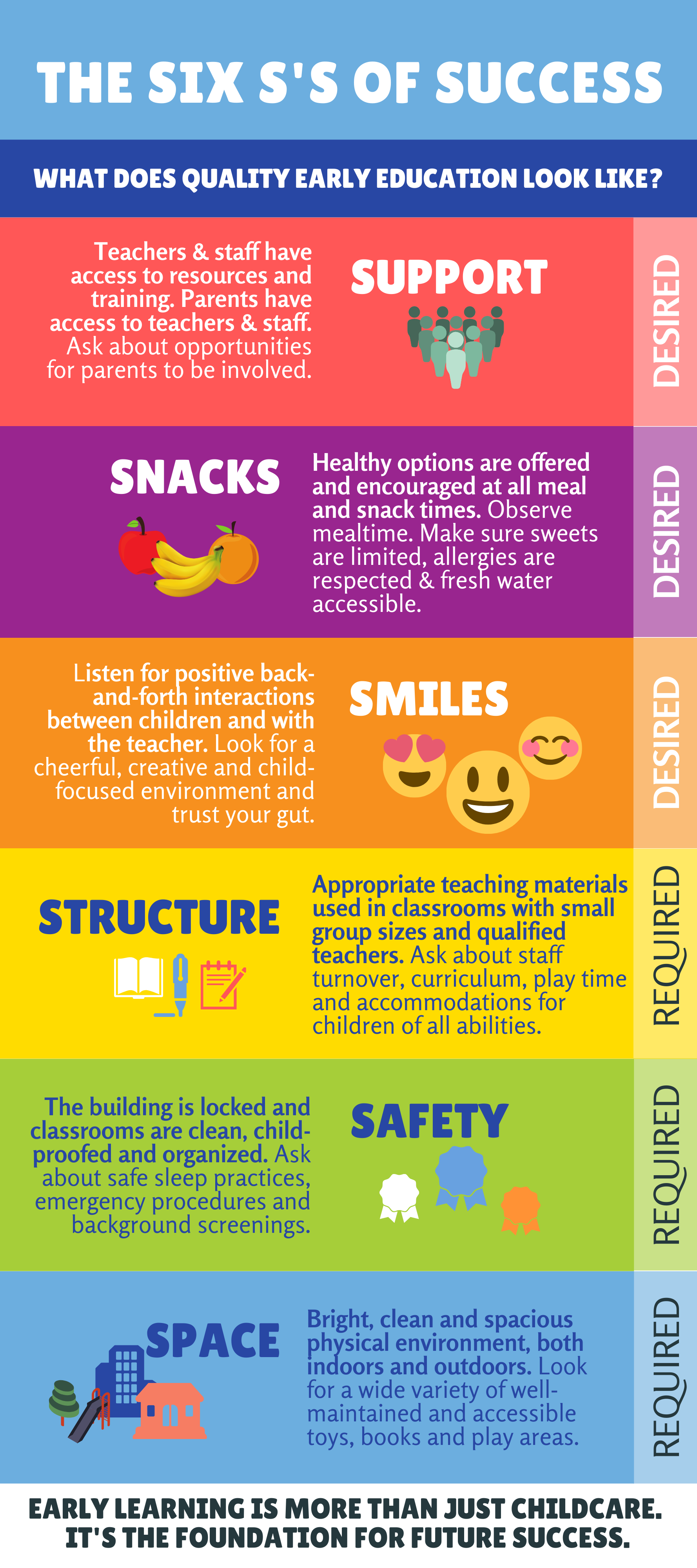
DESIRED ELEMENTS
Support
Teachers and staff have access to resources and training. Parents have access to teachers & staff. Ask about opportunities for parents to be involved.
Snacks
Healthy options are offered and encouraged at all meal and snack times. Observe mealtime. Make sure sweets are limited, allergies are respected and fresh water accessible.
Smiles
Listen for positive back-and-forth interactions between children and with the teacher. Look for a cheerful, creative and child-focused environment and trust your gut.
REQUIRED ELEMENTS
Structure
Appropriate teaching materials used in classrooms with small group sizes and qualified teachers. Ask about staff turnover, curriculum, play time and accommodations for children of all abilities.
Safety
The building is locked and classrooms are clean, child-proofed and organized. Ask about safe sleep practices, emergency procedures and background screenings.
Space
Bright, clean and spacious physical environment, both indoors and outdoors. Look for a wide variety of well-maintained and accessible toys, books and play areas.
Early Learning is more than just childcare. It’s the foundation for future success.
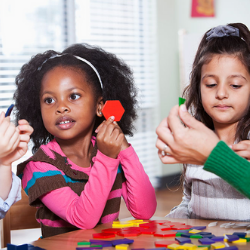
Voluntary Prekindergarten Education Program (VPK)
VPK is a free prekindergarten program for 4 and 5-year-olds who reside in Florida. Participating children must be 4 year of age on or before September 1. Parents can enroll their child in the state’s free, voluntary prekindergarten (VPK) education program that year or wait until the following year when their child is 5.
• Option 1: school-year VPK – 540 instructional hours.
• Option 2: summer VPK – 300 instructional hours.
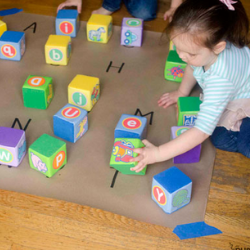
Head Start
Head Start programs are available at no cost to children ages birth to 5 from low-income families. Programs may provide transportation to the centers so enrolled children can participate regularly. Families and children experiencing homelessness, and children in the foster care system are also eligible. Additionally, Head Start services are available to children with disabilities and other special needs.
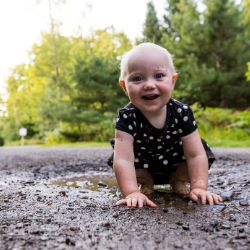
Early Head Start
Early Head Start programs provide family-centered services for low-income families with very young children. These programs are designed to promote the development of the children, and to enable their parents to fulfill their roles as parents and to move toward self-sufficiency. Early Head Start programs provide similar services as preschool Head Start programs, but they are tailored for the unique needs of infants and toddlers. Early Head Start programs promote the physical, cognitive, social, and emotional development of infants and toddlers through safe and developmentally enriching caregiving. This prepares these children for continued growth and development and eventual success in school and life.
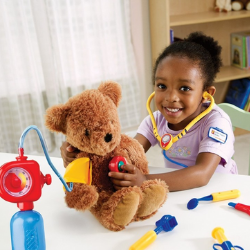
School Readiness Program
The School Readiness Program offers financial assistance to low-income families for early child education and care so families can become financially self-sufficient and their young children can be successful in school in the future. Services vary based on individual need and range from extended day to extended year and school age care in some instances.
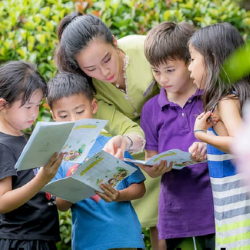
Step up for Students
Step Up For Students is a state-approved nonprofit scholarship funding organization that helps administer five scholarships for Florida schoolchildren: the Florida Tax Credit Scholarship Program (FTC) and the Family Empowerment Scholarship (FES) for lower-income families, the Gardiner Scholarship for children with certain special needs, the Hope Scholarship for public school students who are bullied or victims of violence and the Reading Scholarship Accounts for public school students in third through fifth grade who struggle with reading.
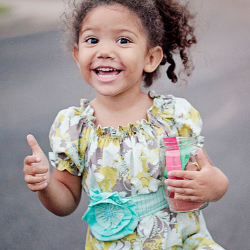
Gardiner Scholarship Program
The Gardiner Scholarship Program provides eligible students a scholarship that can be used to purchase approved services or products in order to design a customized educational program for the student. Scholarships can be used for specialized services such as speech or occupational therapy, instructional materials, tuition at an eligible private school, contributions to a college prepaid account and more. The program is directly administered by state-approved nonprofit scholarship funding organizations.
• To be eligible to receive a scholarship a student must meet the following eligibility criteria:
• Is a resident of this state;
• Is eligible to enroll in kindergarten through grade 12 in a public school in this state or will be 3 or 4 years old before September 1;
• Has a disability
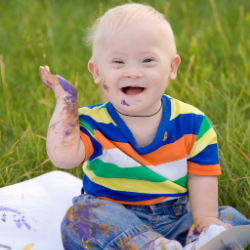
Part B and Part C of the Individuals with Disabilities Education Improvement Act (IDEA)
Part B of IDEA: Services for School-Aged Children
Services for school-aged children with developmental disabilities (3 through 21 years of age) are provided free of charge through the public school system. Among the services covered under IDEA are special education; related services such as physical, occupational, and speech therapy; and supplementary aids and services, such as adaptive equipment or special communication systems. Before Part B services start, an Individualized Education Plan (IEP) is developed for children 3 through 21 years of age who qualify for special education services from school districts. An IEP is similar to an IFSP, but more focused on the child’s goals rather than on the family’s goals.
Part C of IDEA: Infants and Toddlers with Disabilities
Part C of IDEA is a federal grant program that assists states in operating a comprehensive statewide program of early intervention services for infants and toddlers with disabilities, ages birth through age 2 years, and their families.
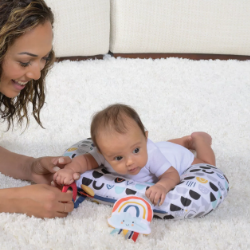
Child Find
Child Find is a component of the Individuals with Disabilities Education Improvement Act (IDEA) 2004 that requires States and Local Education Agencies (school districts and charter schools) to identify, locate, and evaluate all children with disabilities residing in the State, regardless of the severity of their disabilities, and who are in need of special education and related services (34 CFR§ 300.111).

Accreditation
Preschool and child care accreditation is a voluntary process that is designed to improve the quality of preschool programs. A preschool that is accredited is guaranteed to offer its students a high level of care in a cheerful, academic environment.